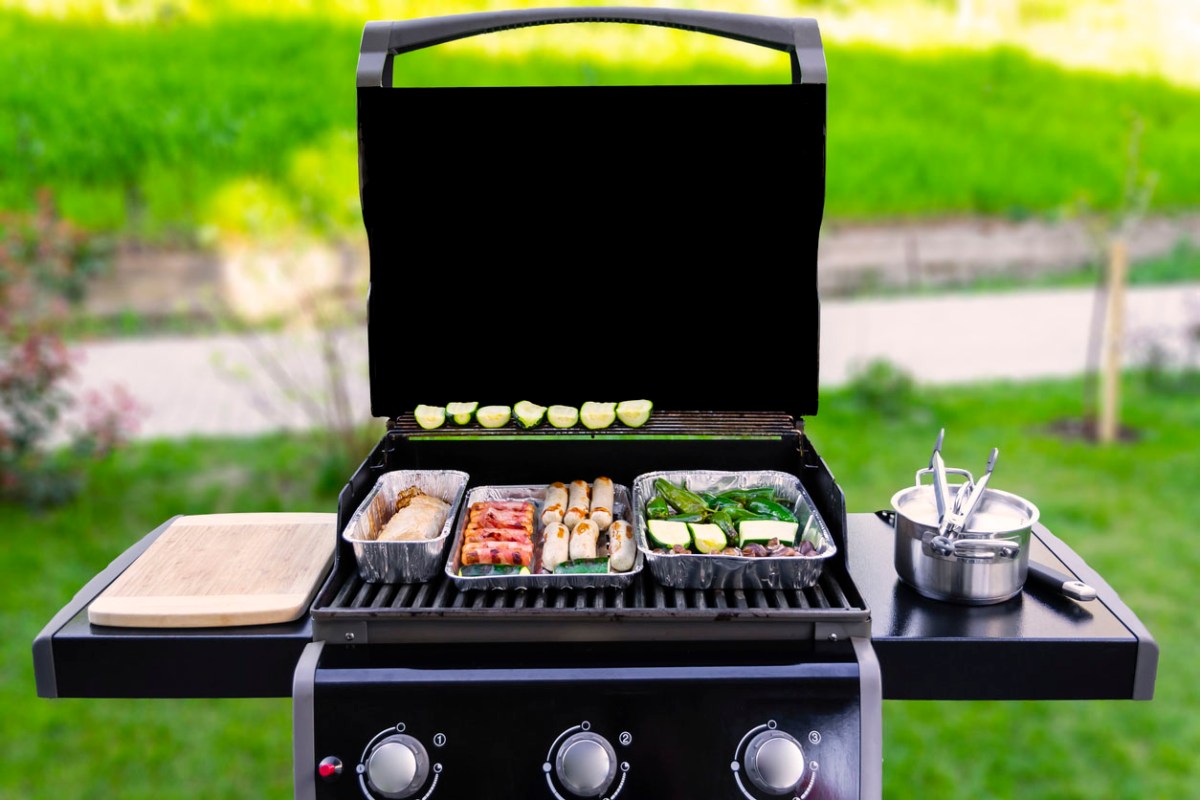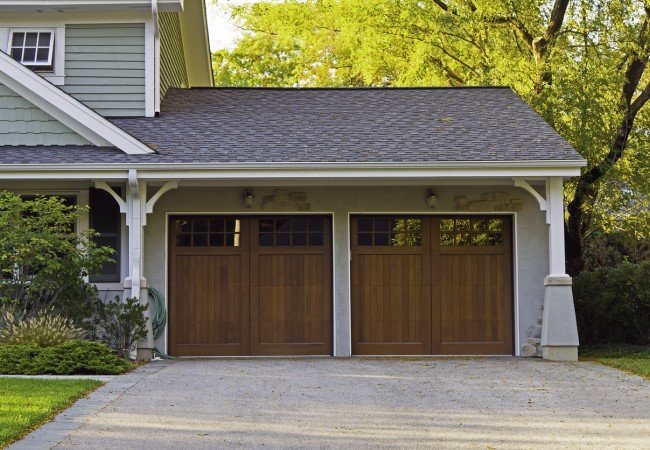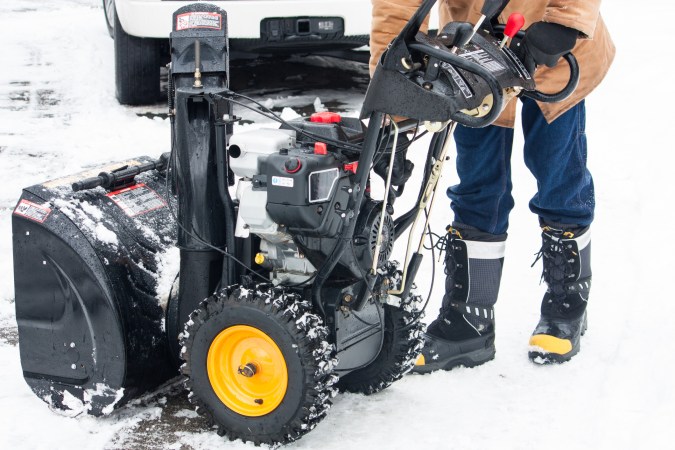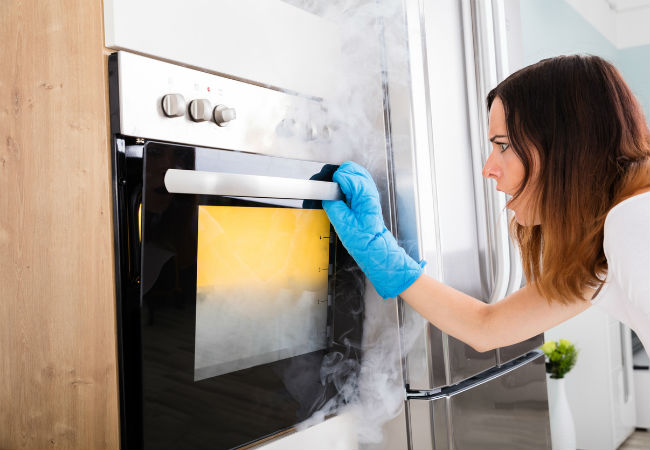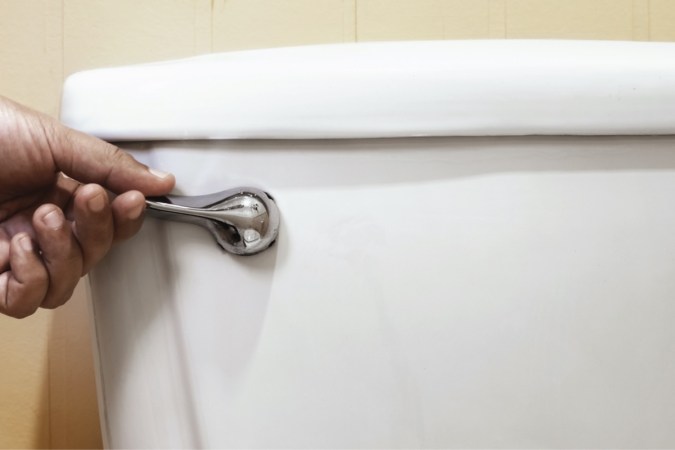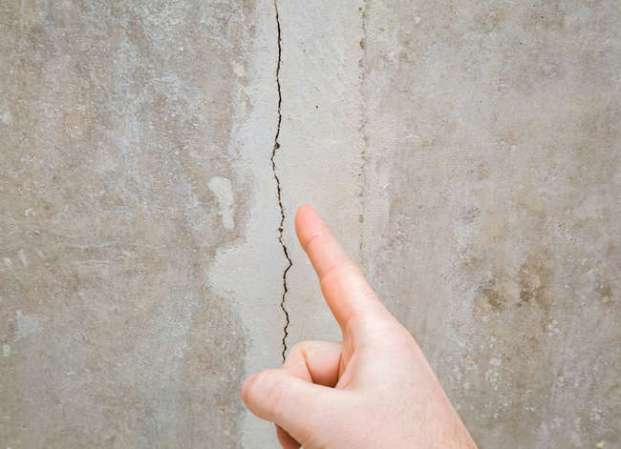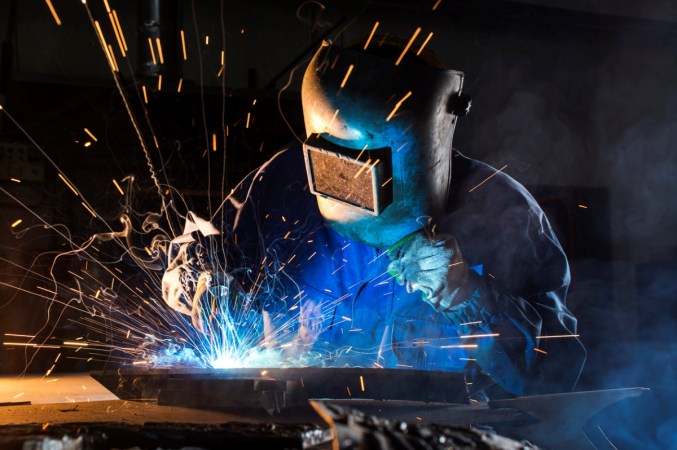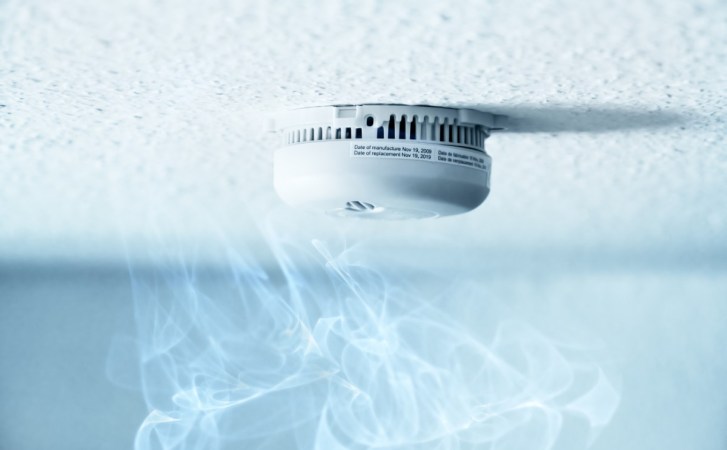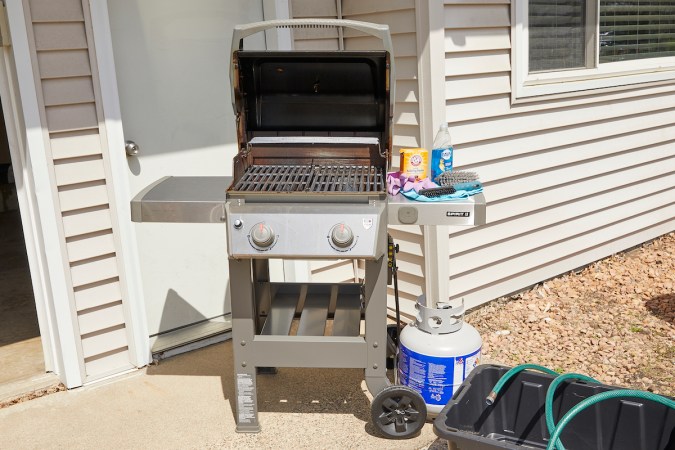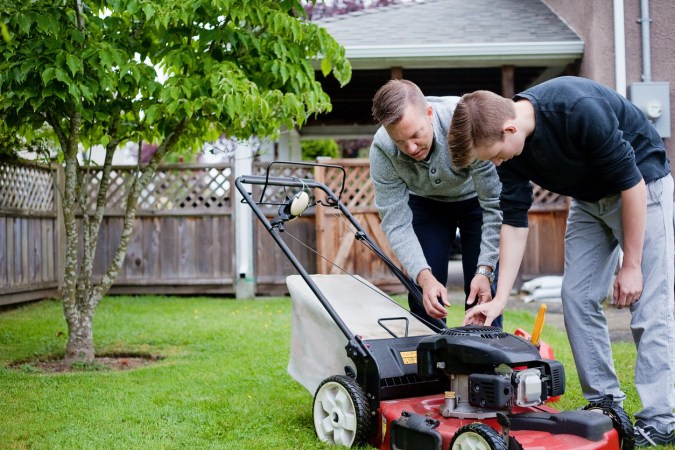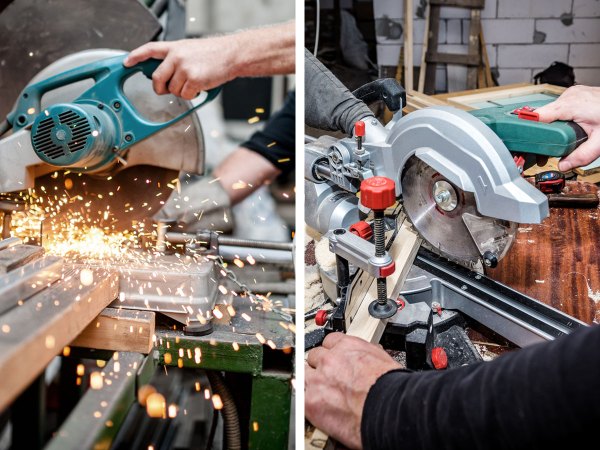We may earn revenue from the products available on this page and participate in affiliate programs. Learn More ›
Q: This evening, I prepared a rack of ribs for dinner, only to discover that my gas grill won’t light. What is keeping it from lighting? Can I prevent this from happening again?
A: Nothing ruins the anticipation of a good meal like a grill that won’t light. Although most gas grills are built to last, the average user is still likely to encounter a few obstacles over the lifetime of the grill. When it comes to lighting a gas grill, it’s essential that the burners, electrodes, wires, and batteries be in good working condition. If one part is disconnected, dirty, or dead, it could be the reason your gas grill won’t light. Ahead are nine common problems that could be the root of your outage.
Dirt and debris may be blocking the grill’s burners.
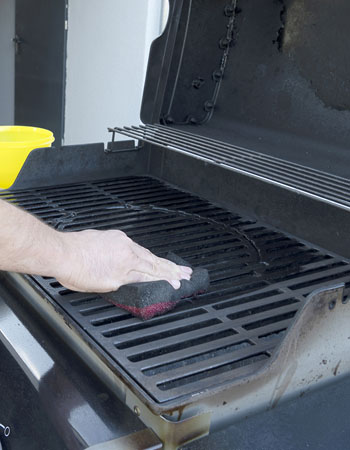
A clogged or damaged burner could be the culprit keeping your gas grill from igniting. Over time, dirt, grime, and even insects can clog the tubes and ports beneath the burners, leaving them less likely to ignite. The burners will need to be inspected—but don’t forget to disconnect the grill from its fuel source beforehand.
Once this step is complete, you can air out the grill by leaving the lid open for a few minutes, then remove the grate to inspect what’s underneath. If debris is blocking the burners, clearing the dirt and grime could be the key to getting the grill back in action.
Dirt or rust may be affecting the igniter electrodes.
Gas grills rely on electrodes to spark the burner and ignite the gas. When the gas fails to ignite, it could be the fault of dirt or rust in the igniter electrodes. To check the electrodes, the gas supply will need to be disconnected first. Then, the cooking grate and flame tamer should be removed, and the igniter mounting screw pulled off to inspect the electrodes.
If they’re impacted by dirt or rust, they could be preventing your grill from lighting. A toothpick can help remove buildup, as can a toothbrush and bleach-free cleaner. Once the dirt or rust is removed, the electrodes can be dried with a paper towel before the burner is tested again. If it’s still not working, it may be time to replace the electrodes and take your grill to a repair specialist.
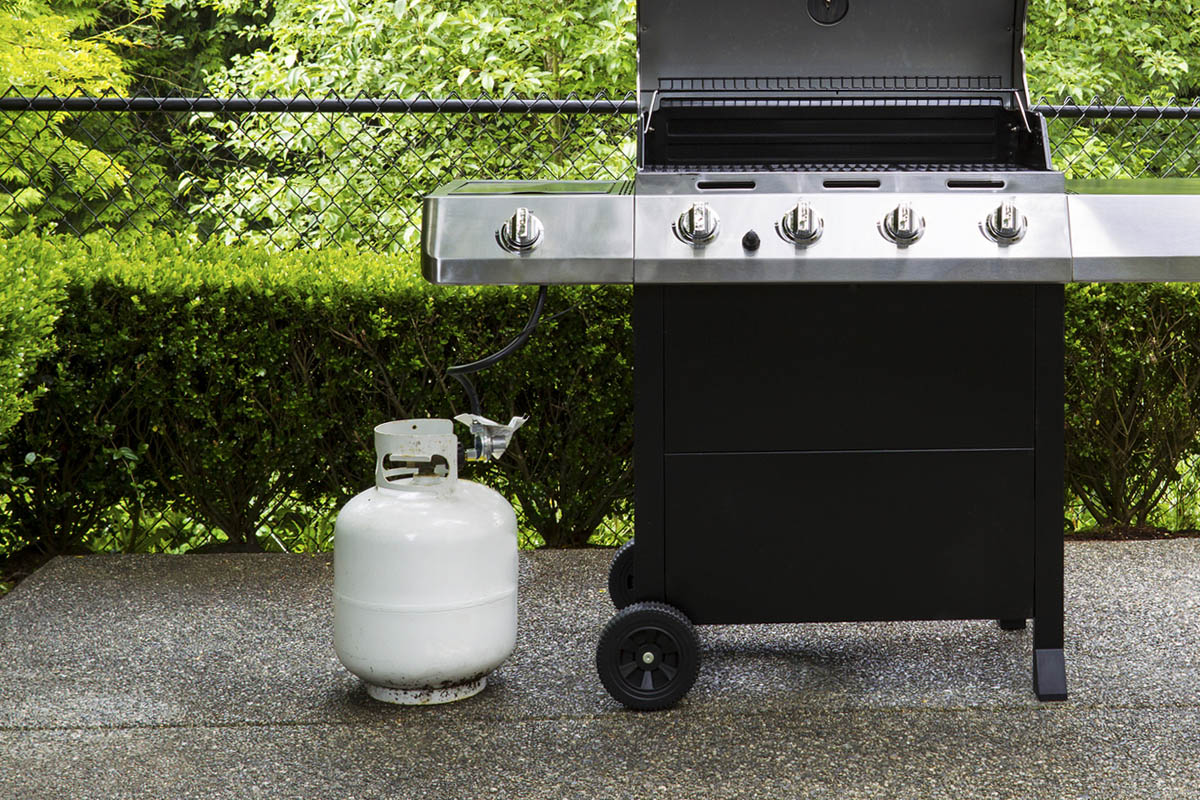
The propane tank may not be properly connected to the gas grill.
Another quick diagnostic includes checking to make sure the gas grill’s propane tank is connected correctly. The good news is the solution to this problem could be as simple as connecting the coupling nut to the tank’s cylinder valve. The coupling nut should be turned an additional half to three-quarters of an additional turn until it reaches a full stop.
No tools are necessary for this step; all adjustments should be made by hand to prevent stripping of the threads. Once the adjustments have been made, you should be able to give lighting another go.
The weather may be to blame for your gas grill not lighting.
In an ideal outdoor grilling world, the weather would be sunny and 75 degrees with no wind or rain in sight. But since outdoor conditions can’t be controlled, they can occasionally affect your grill’s ability to work properly. Moisture can prevent grills from lighting, as can freezing temperatures.
If you’re a seasonal griller, removing the battery igniter when it’s not in use may help. In climates with cold winters, water can freeze in gas lines, damaging or blocking them completely. To prevent freezing or to thaw the lines, you can bring your propane tank inside before grilling so that it warms to room temperature.
The grill’s igniter battery may be dead.
Because some gas grills operate with the help of an ignition battery, they’re dependent on an adequate charge. When the battery is charged and in good working condition, the grill should have no problem igniting. Since your gas grill won’t light, your grill’s igniter battery may be dead.
But before buying a replacement, it’s advised that you make sure the battery is positioned correctly and that its electrodes aren’t wet, oxidized, or corroded. You can clean the battery by wiping it down with a dry cloth or rubbing alcohol, then reinstall it to check if it ignites. If the grill still doesn’t light, it may be time for a new igniter battery.
The electrode wires may not be connected properly.
Electrode wires are another component that could be keeping your gas grill from lighting. To confirm or rule out this potential problem, you can reconnect the wires or reassemble them to check the connection. The electrode should point toward the gas port opening of a burner with a distance of ⅛ to ¼ inch.
If the grill still doesn’t light after the wires have been checked, the electrode terminals may be dirty. Thankfully, you can easily rectify this by wiping the terminals with a clean cotton swab or rubbing alcohol. If the grill still won’t light, you may have a damaged electrode, which will need to be replaced. If you are uncomfortable taking on this task yourself, it may be wise to take your grill to a repair site.
A loose wire may be the culprit.
With so many parts working together to make your gas grill effective, it’s possible a loose wire could prevent the grill from lighting. Whether it’s a single wire or a group plugged into the spark generator, you’ll want to take a good look to confirm they’re all positioned correctly.
If you see one that’s loose, it will need to be plugged back in before the burners are tested again. You’ll also want to double-check that no wires are frayed, which could also cause an outage.
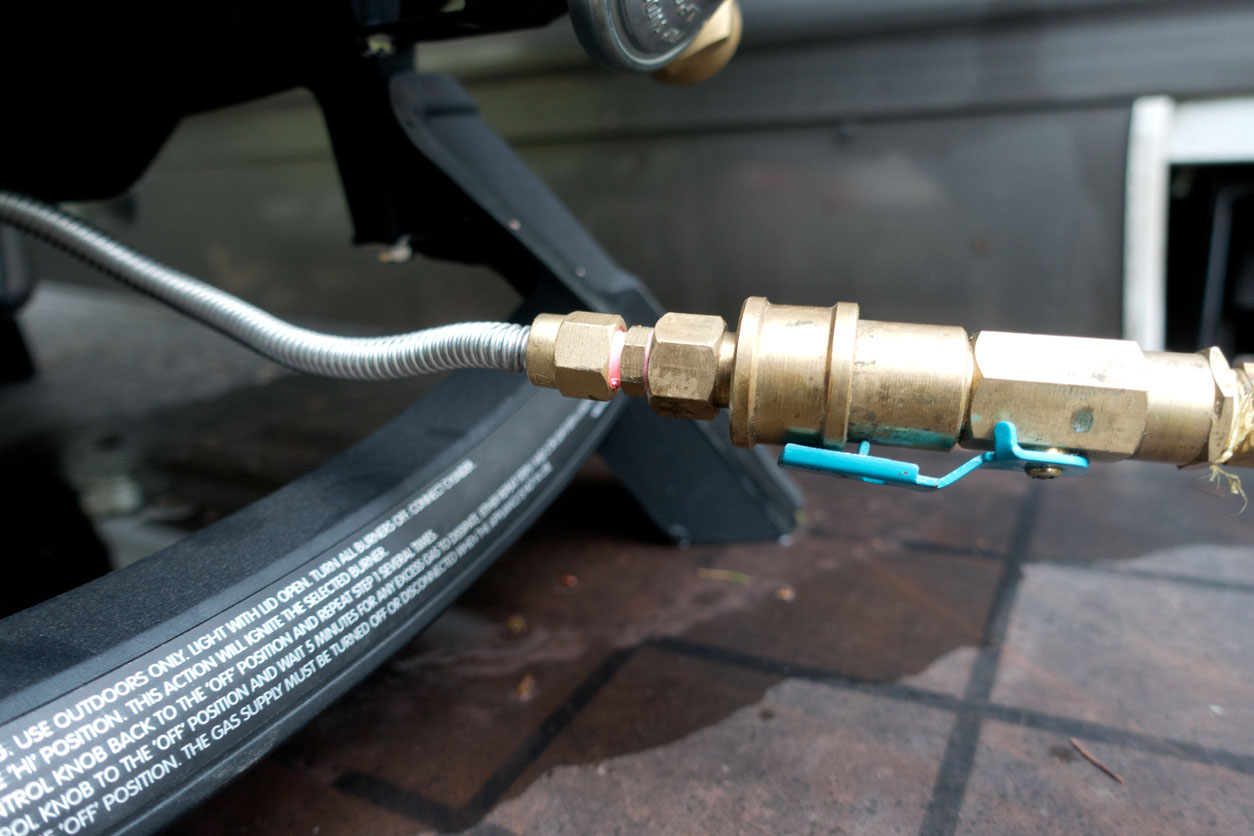
The gas grill’s ignition module may be faulty or damaged.
The ignition module is essential to the operation of a gas grill. When it’s working correctly, it sends a current to the igniter electrode that helps light the gas. If you’ve ensured the ignition battery is charged, but the module still fails to help produce a light, the module may be faulty or damaged.
After checking the battery, the igniter button should be pressed. If you don’t hear any clicking, the module may be the source of your problem. If the module is faulty or damaged, a replacement part is necessary to get the grill back in tip-top shape. To figure out the exact part you need, it’s advised to consult your instruction manual or manufacturer.
The spark generator may be worn out.
Whether your grill has a spark generator that’s in battery form or piezo, checking for clicking or the sound of a hard snap will tell you whether the generator is in good shape or not. For generators in battery form, the battery will need to be checked by unscrewing the cap of the generator to see what condition it’s in.
After replacing or repositioning the battery, you should hear continual clicking, which means the generator is still working. If not, it may have reached its limit. For older grills with a piezo ignition, you can listen for the hard snap to determine what shape the generator is in. If you hear silence, it may be time to consult an expert.

